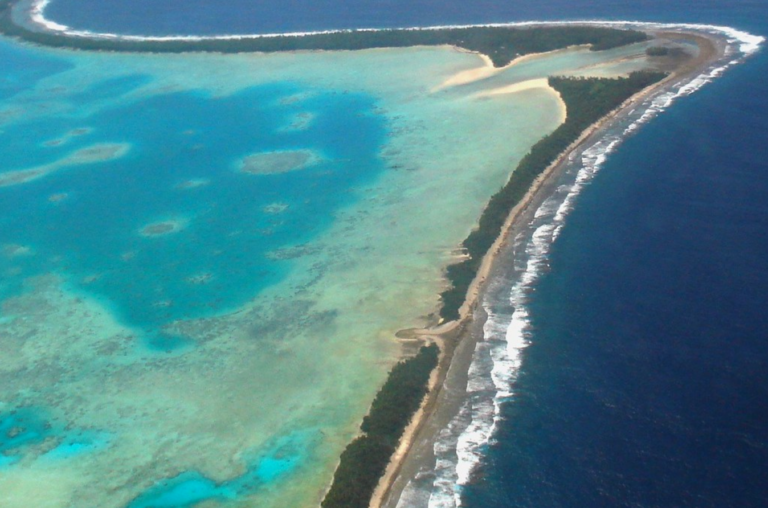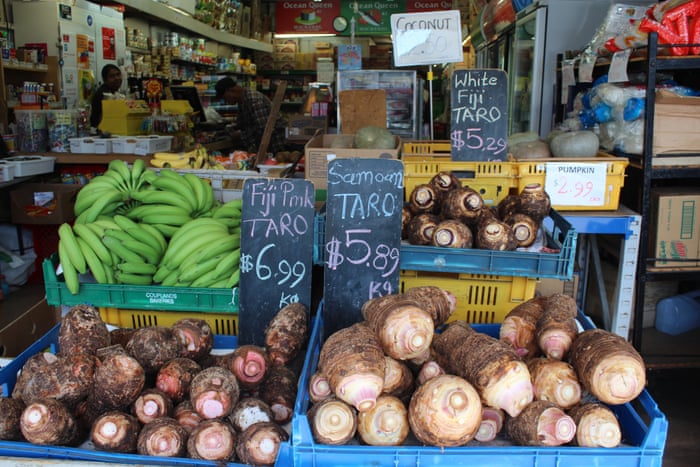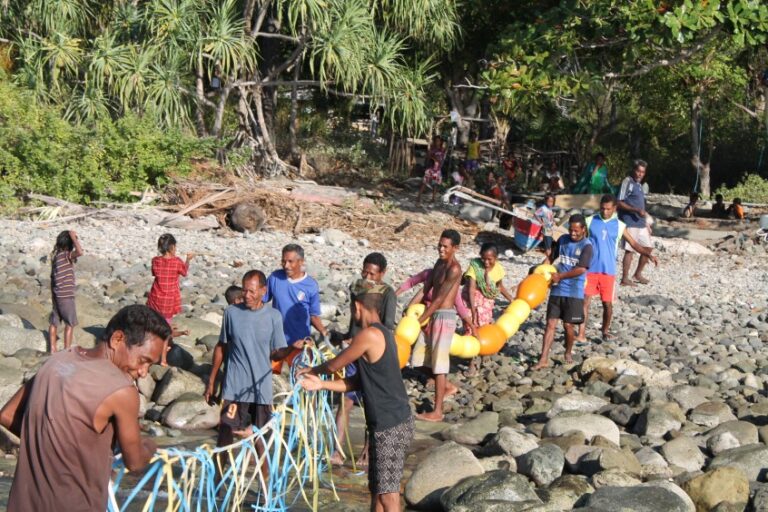Convolutional Neural Networks (CNNs) are neural networks that can process images and identify objects within them. Although these methods of machine learning have been around for a long time, it was only within the past 10 years that the error of image classification was reduced to 15%, leading many companies… read more
Agriculture
Modeling and Protecting Freshwater Resources for Disaster Resilience
In 2016, a drought on the Marshall Islands caused over 16,000 people to suffer from extreme water shortages. The government declared a state of emergency well after freshwater wells had already been contaminated by seawater, leaving thousands to drink from coconuts for survival. This picture is unfortunately not uncommon for… read more
Shrinking Shores? – Ocean Dynamics and Customizing Adaptation Plans
When it comes to climate vulnerability, one group of people will be particularly challenged: those living on low-lying islands, especially atolls. There’s frequently news about how quickly climate change will necessitate relocation or resettlement but it often focuses on the time at which sea-level rise will cover the land, making… read more
Leveraging Climate Resilient Programs to Restore Oceania’s Food System
Climate Change and the Food System Climate change is predicted to have dire implications on national and regional food systems. In many countries, climate change has had a large impact on food security by altering landscapes, inducing new crop diseases, enhancing the intensity of existing diseases, and creating longer periods… read more
Climate Resilient Strategies: Innovative or Restored Systems?
The Role of Indigenous People in Resilient Adaptation Strategies The call to action to implement climate resilient strategies at national and regional level can be intimidating, overwhelming, and seemingly impossible. Recommendations are ridden with technical jargon, vague descriptions, and lofty goals that make the transition to resilient systems feel like… read more







